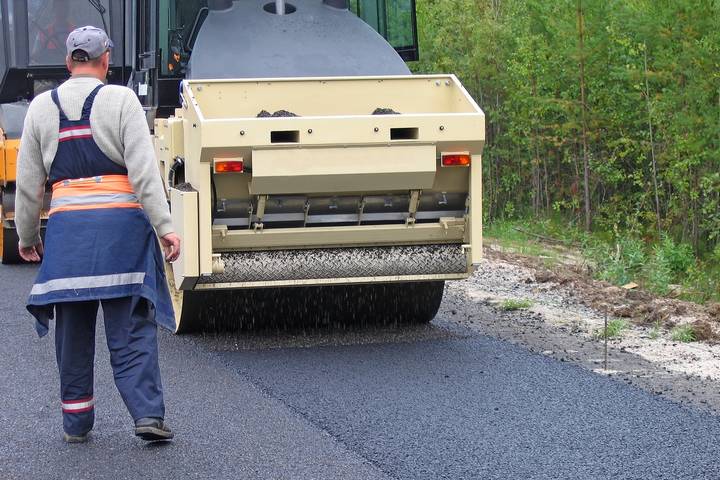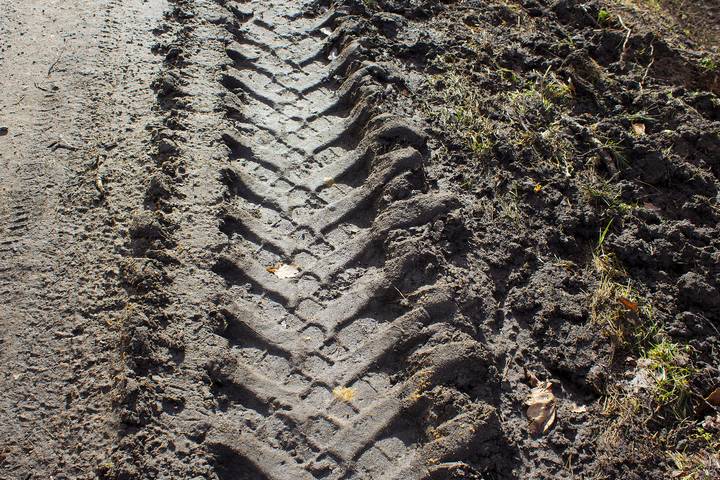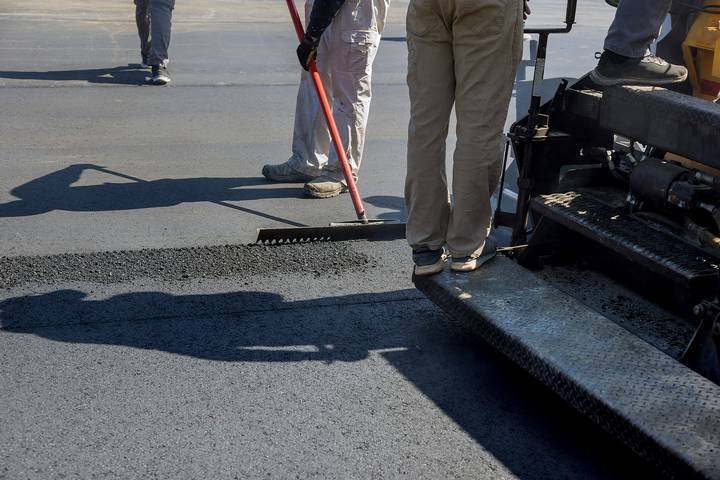
What Is Magnesium Chloride Used For?
Magnesium chloride is an inorganic compound and colourless salt that is highly soluble in water. Magnesium chloride has many practical uses, from suppressing dust to deicing roads and stabilizing soil. You can buy magnesium chloride, most commonly as pellets and flakes in liquid and solid forms.
Why it’s risen in popularity in recent memory is because of its effectiveness in many applications. It preserves the natural environment, does not create a health risk for humans, and ensures the longevity of equipment, machinery, and vehicles that may be vulnerable to it.
Here is what magnesium chloride is used for.
Dust Control

Magnesium chloride pulls moisture from the air. When it is put out over roads, moisture is also pulled over. This lowers the dust kicked up when a vehicle drives over. This moisture barrier prevents soil particles from coming off the ground and helps settle roads.
Magnesium chloride needs to be reapplied after it dries out, it resists evaporation. Magnesium chloride dust control can last a while, typically around 3-6 months.
Soil Stabilization

Magnesium chloride has hygroscopic properties. It pulls moisture together and bonds dirt particles, which can create stability on roads and other surfaces. Unpaved roads are cheap to construct and maintain and perfectly suited to low-traffic areas.
That said, they must be maintained. They’re prone to potholes and excessive road dust, but magnesium chloride helps bind dirt particles and keep the road together. Magnesium chloride is a product that can optimize unpaved roads, control dust, stabilize road conditions, and more.
Deicing Roads

Magnesium chloride melts ice quickly. It does this by pulling moisture away from the ice. Since ice is nearly all water, magnesium chloride pulls nearly all of it away, and then it’s lost. Magnesium chloride also lowers the freezing point of water, which minimizes the risk of road re-freezing a few hours after application.
Magnesium chloride is one of the best road salt alternatives to rock salt, aka sodium chloride, which is highly toxic. By comparison, magnesium chloride works faster and removes ice more effectively on high-traffic roads than anything else.
Protect the Environment

Magnesium chloride solves some very real problems for humans without damaging the environment. Its eco-friendly, non-damaging environmental characteristics make magnesium chloride popular among business owners, governments, and homeowners.
Furthermore, its ability to control dust and improve moisture conditions can keep dust away from crops and contaminate water sources. Overall, it’s a very critical ingredient in road maintenance that causes the least environmental damage possible.
Optimize Roads

Additionally, magnesium chloride has proved to be an effective road optimization tool in a variety of ways. It prevents erosion. It mitigates wind erosion. It’s been proven to reduce potholes and ruts, keeping roads clean and durable.
Magnesium chloride lowers maintenance costs, reducing the repairs, material replacement, and labour required for roadwork. It also adds to road traction, which improves driver safety. Lastly, magnesium chloride reduces vehicle damage tied to exposure to rock salt and road debris, which can result in damaging the windshield, chipping paint, or worse.
Wastewater Treatment

Magnesium chloride is sometimes added to drinking water in a process known as remineralization. It is also more commonly used in wastewater treatment to precipitate phosphorous as struvite from agricultural waste and human urine.
It can be used in industrial wastewater treatment to remove dyes and dye wastes. Magnesium chloride has many other uses in wastewater processing, including pH and neutralizing acidic wastewater streams.
Support Plant Health

In this context, magnesium chloride is a nutritional ingredient sometimes used tosubstitute magnesium sulphate. It can correct magnesium deficiencies in plants. This deficiency type is common in tomatoes, apples, grape vines, raspberries, roses, and rhododendrons, among others.
Correcting magnesium levels prevents yellowing and darkening of leaves and supports long-term plant growth. However, be careful, as higher magnesium concentrations in certain plants can leave them more susceptible to disease.
Nutrition

Magnesium chloride is frequently spoken about in nutrition and supplements and used in food preparation. It is, for example, a crucial coagulant used to prepare tofu from soy milk. Magnesium chloride is often an ingredient in baby formula milk.
It is also provided as a dietary supplement for those deficient in magnesium or who wish to utilize it for its health performance benefits.





